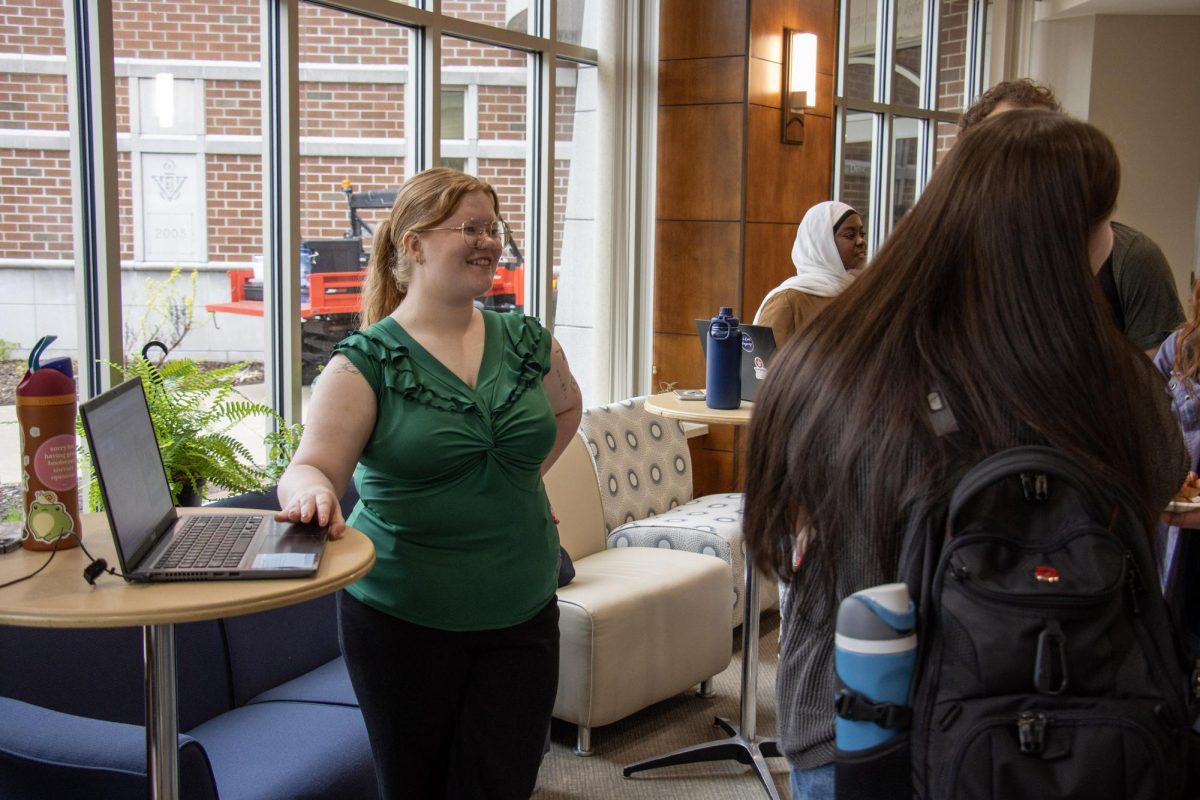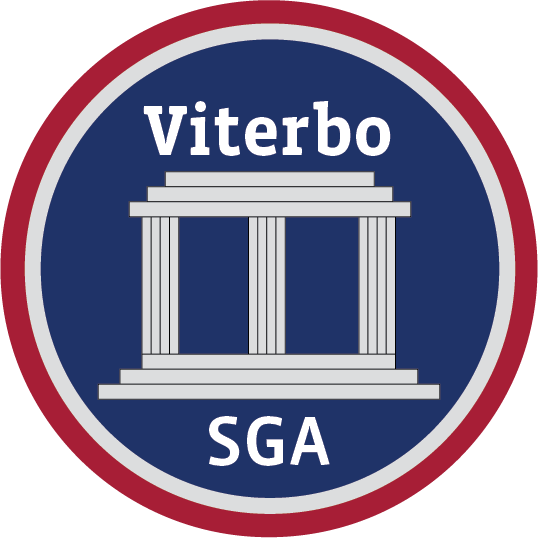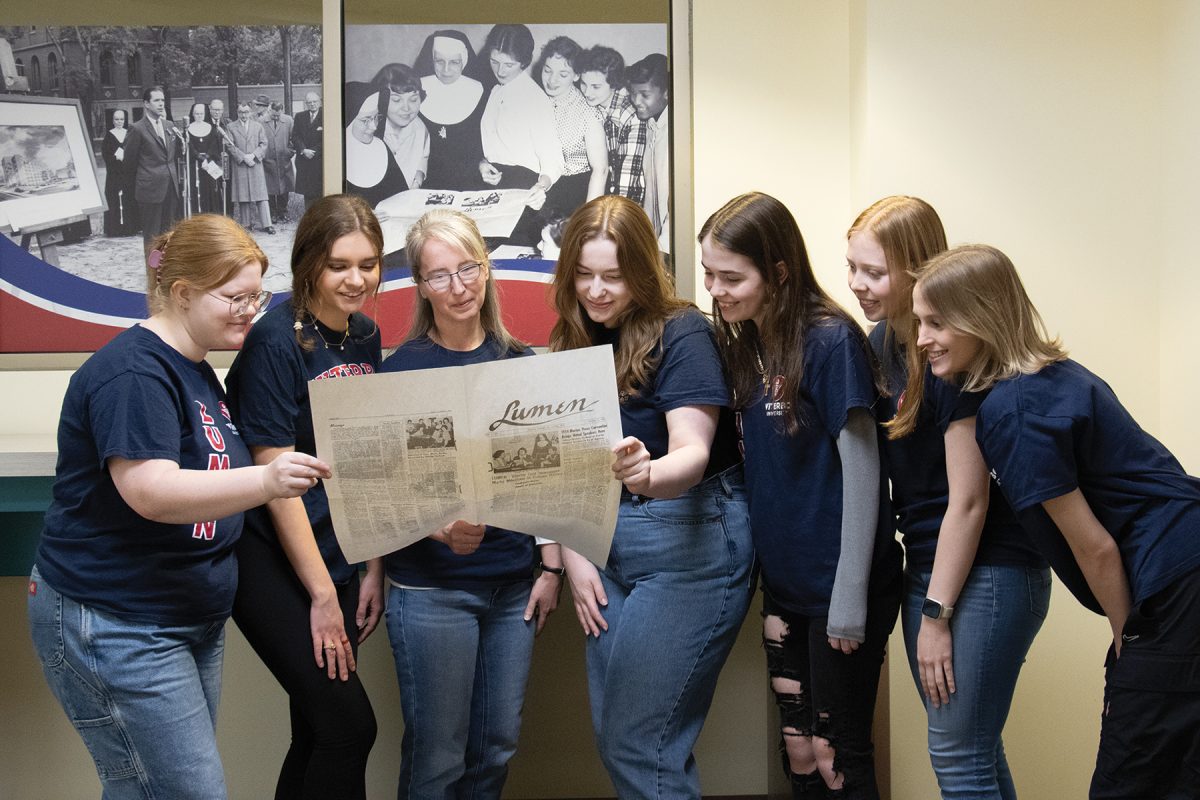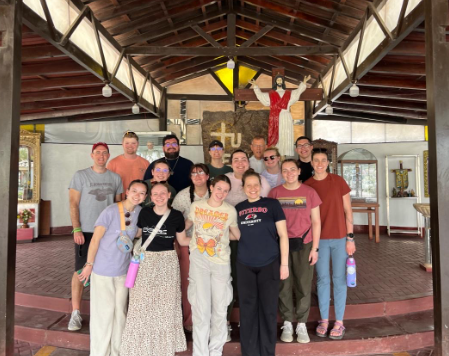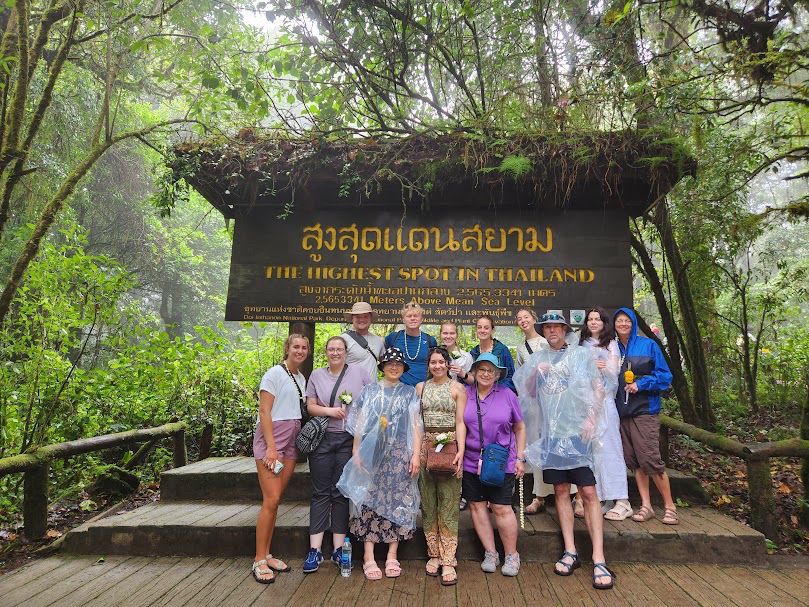Sustainability has become an increased area of focus on campus with the Sustainability Club and Environmental Responsibility Committee. Now, several students want to take the cause further to develop a university-wide plan.
VUSM 386: Planetary Health Promotion: Think Global, Act Local is a mission seminar first offered last semester, and it deals with the connection between environmental justice and social justice. There are students of several academic backgrounds in the course, ranging from marketing to biology and nursing. The class gathered data in a survey last semester, and they have been identifying ways to implement those findings on campus. They did a SWOT analysis and presented to the cabinet and deans as well as President Trietley to petition for university involvement in a campus action plan. This semester, they returned to the office to present some of their current initiatives and are hoping to launch a more formal plan starting in 2024.
Cameron Kiersch is a nursing faculty member teaching the course, and he acknowledged the fear of starting a significant plan. He said, “I think that’s what seems scary for people, especially in leadership, agreeing to something and you don’t know exactly what it is.” However, the group is not blindly leading the charge, they are loosely following the Luadato Si Action Platform proposed by Pope Francis in 2015. Kiersch said, “There is an actual seven-year template for universities to follow… and the first year is organizing and identifying goals.”
During this semester, the class also visited Luther College in Decorah, Iowa. Luther has an active sustainability club, and Viterbo’s students wanted to gain some inspiration and insight into the practice of sustainability at university level. He said they learned in Decorah: “You need to have something for freshman to say, ‘This is who we are.’” There needs to be congruence with the identity and the practice of university values for such plans to succeed.
One value Luther incorporates that Kiersch believes they can emulate on campus is hospitality. “Every student [at Luther] gets a plant. You can put it in your dorm and have that connection to nature.” They saw other practices at Luther such as composting in dorms paired with a student worker program. Kiersch emphasized the importance of embracing sustainability as a cultural norm on campus, instead of making it feel like a burden. He said, “There’s a couple of things that we can do to reinforce… a sustainability culture.”
Students in other courses have been working in connection with some of the climate action projects as well. Kiersch mentions students in environmental studies courses contributing the creation of a pollinator garden. They identified the right plants for the area and did the cost analysis for the project, taking initiative in improving campus. Kiersch said, “So it’s also generated a bit of undergraduate student research [as well].” Kiersch noted how everyone needs to bring ideas to the table. He said, “Everybody’s got to do their part. Everybody’s got to add their perspective. Everybody needs to feel invited to the conversation.”
For the university to manage all the new initiative, Kiersch proposed hiring a sustainability coordinator. He said, “We cannot go into this without some kind of leadership… you have to have that sustainability coordinator.” Beyond faculty leadership, Kiersch hopes students remain committed to building a sustainable culture on campus. He said, “I’d love to see more students leading initiatives like this.” The general social conversation about sustainability will prove valuable to students involved as well. Kiersch said, “It is a huge opportunity for us to teach students how to look at sustainability within [an] organization, and I think future employers are going to be asking for that.”
